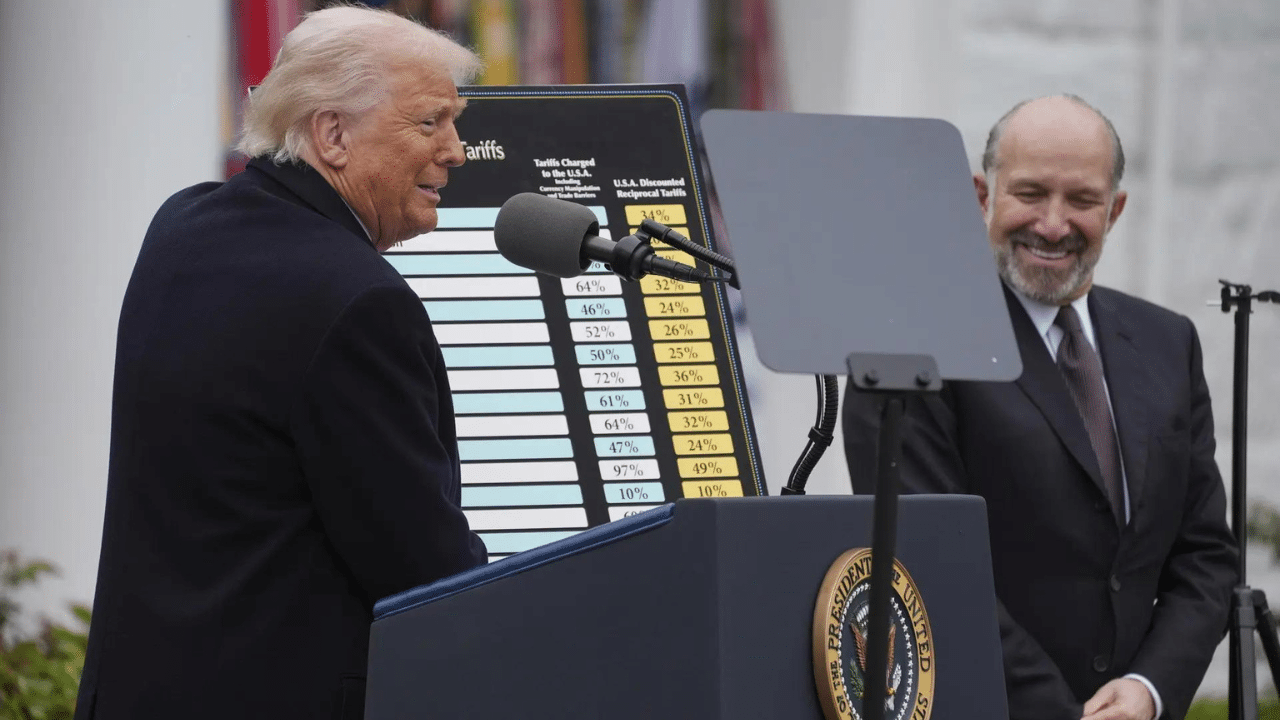Donald Trump’s Tariff War: Impact on 21 Countries Involved with the US

US President Donald Trump has intensified trade tensions by issuing tariff letters to over 20 countries, warning that increased import duties will be implemented starting August 1, 2025, unless new bilateral trade agreements are established. This latest action continues his aggressive “reciprocal tariff” strategy, first introduced in April. The letters detail specific tariff rates, with some countries facing increases while most others see reductions or unchanged rates compared to earlier announcements. Trump has cautioned that any retaliatory tariffs from these nations will provoke even higher duties from the United States, indicating a potential for further escalation in trade conflicts.
Details of the New Tariff Letters
On July 10, Trump sent letters to 14 countries, followed by additional letters to eight more nations on July 8. The new tariffs include significant increases, particularly for Brazil, which faces a steep 50% tariff, marking a major escalation in trade relations. Other countries such as the Philippines, Brunei, and Moldova have also been newly added to the list, with tariffs set at 20% to 30%. The letters specify that these tariffs will take effect if trade deals are not negotiated, emphasizing the administration’s push for favorable terms in international trade.
The countries affected by the new tariffs include both major and minor trading partners. For instance, Brazil’s tariff is seen as politically motivated, linked to Trump’s support for former President Jair Bolsonaro, who is currently facing legal challenges. Brazilian President Luiz Inácio Lula da Silva has condemned the tariff increase and promised retaliatory measures, which could further strain diplomatic relations between the two nations.
Implications of Retaliatory Tariffs
Trump’s warning about retaliatory tariffs suggests a cycle of escalation could ensue. If countries respond with their own tariffs, the U.S. may impose additional duties, creating a potentially damaging trade war. Analysts note that the countries targeted by these tariffs, such as Algeria, Libya, and Iraq, are not major industrial competitors to the U.S., which raises questions about the overall strategy behind these decisions. The administration’s approach appears to prioritize political considerations over economic logic, particularly in the case of Brazil.
The implications of these tariffs extend beyond immediate economic effects. They could disrupt established trade relationships and impact global supply chains. Countries that rely heavily on exports to the U.S. may face significant challenges, leading to economic repercussions that could affect employment and growth in those nations.
Trump’s Justification for Tariffs
In his communications, Trump has claimed that the tariff levels are based on “common sense” and existing trade imbalances. However, the rationale for the high tariffs on Brazil, despite its trade surplus with the U.S., appears to be politically driven. This has led to criticism from various analysts who argue that the administration’s tariff strategy lacks a coherent economic foundation.
Trump has also indicated that he does not intend to target nations whose leaders he has recently hosted at the White House, referring to them as “friends.” This selective approach to tariffs suggests a strategy that intertwines diplomatic relations with trade policy, complicating the landscape of international trade. Overall, Trump’s ongoing commitment to tariffs as a central element of his trade policy underscores his belief in their effectiveness. As tensions rise, the global trade environment may face significant shifts, with potential long-term consequences for both the U.S. and its trading partners.
Observer Voice is the one stop site for National, International news, Sports, Editor’s Choice, Art/culture contents, Quotes and much more. We also cover historical contents. Historical contents includes World History, Indian History, and what happened today. The website also covers Entertainment across the India and World.

